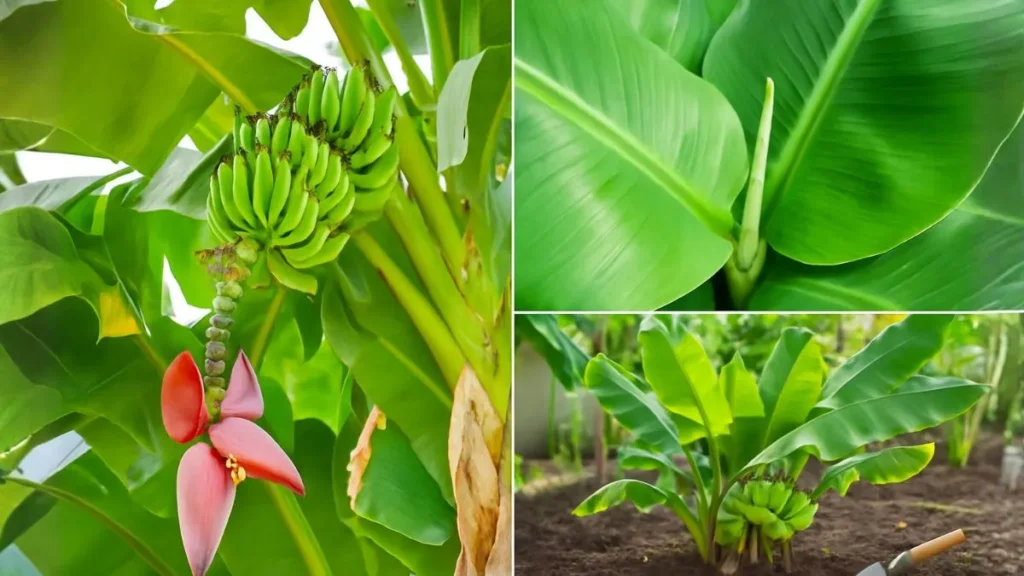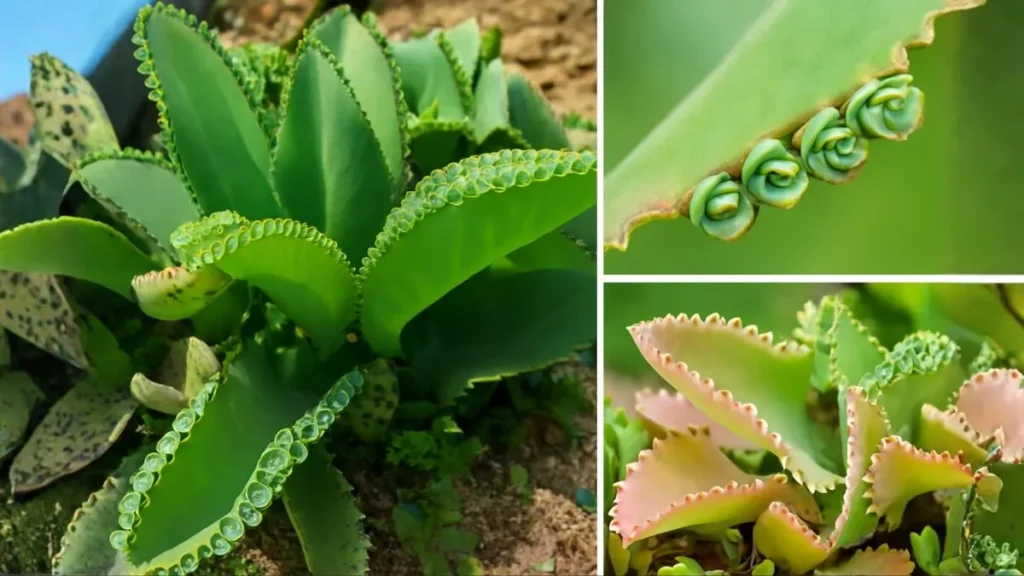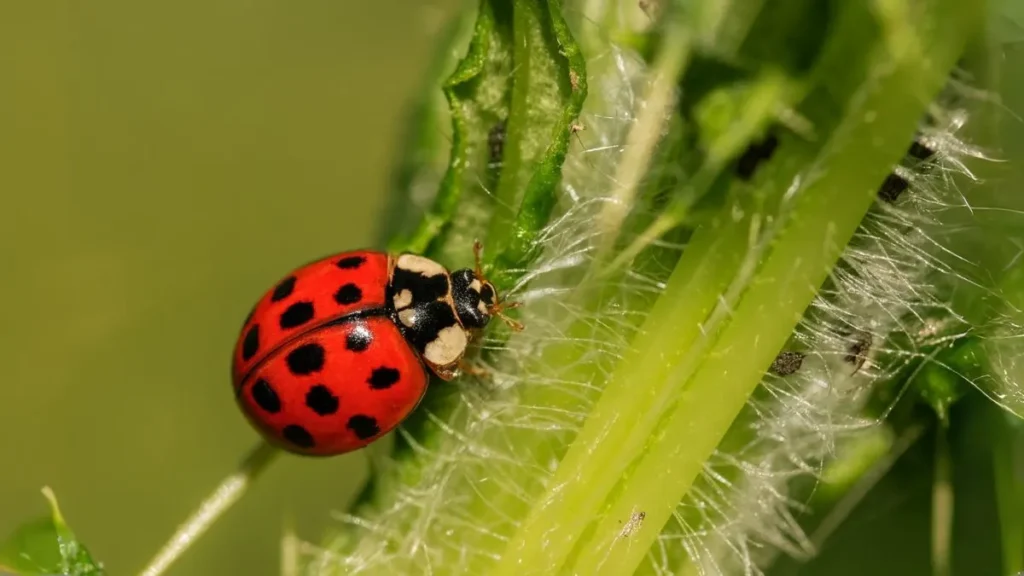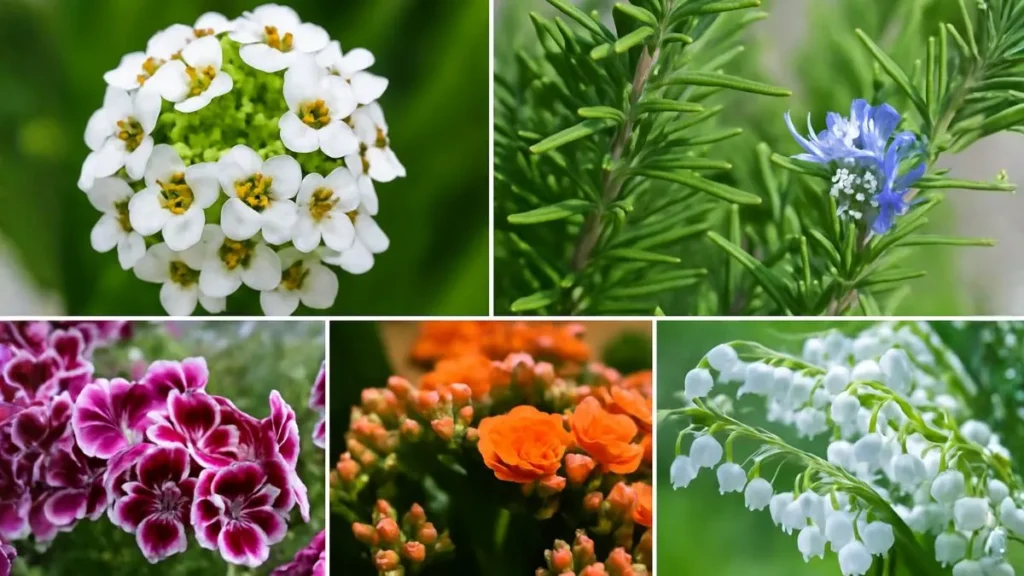Gardeners, farmers, and plant enthusiasts across the world—from home growers in the USA and Canada to large-scale farmers in Asia—are turning to seaweed extract as a natural solution for healthier plants. Unlike synthetic fertilizers, seaweed offers more than nutrients. It improves the soil, strengthens plants, and promotes sustainable farming.
So, how exactly does this marine wonder work? Let’s dive into the benefits, uses, and science behind this!
What Is Seaweed Extract?

Seaweed extract is derived from marine algae, often brown seaweed like kelp. When processed, it becomes a concentrated liquid or powder filled with natural compounds.
- Its extract for plants contains growth hormones, trace minerals, and natural enzymes that support plant development.
- Unlike chemical fertilisers, it doesn’t just feed the plant—it nurtures the entire ecosystem around the roots.
- Rich in cytokinins, auxins, and gibberellins, it plays a critical role in regulating plant growth.
Why Seaweed Extract Is Called a Biostimulant
In modern gardening terms, seaweed extracts work as biostimulants. This means they don’t directly act as fertilisers but instead enhance a plant’s ability to absorb nutrients from the soil.
- Seaweed extract fosters better nutrient absorption by plants, ensuring roots can take up essential minerals efficiently.
- It boosts natural defence mechanisms, making plants more resistant to stress from drought, pests, or disease.
In other words, it doesn’t just feed your plants—it makes them smarter at feeding themselves.
Also Read: How to Care for Orchids and Keep Them Blooming Year-Round
Benefits of Using Seaweed Extract
1. Better Germination: One of the most exciting benefits is its role in seed starting. Gardeners often notice that early seed germination, better plant growth, improved crop yield are linked to its applications. Soaking seeds in diluted extract before planting helps speed up sprouting and improves the uniformity of seedlings.
2. Stronger Plant Growth: When applied regularly, seaweed extracts supply plants with natural growth hormones that promote cell division and elongation. The result? Healthier leaves, stronger stems, and better root systems. From my own experience with tomatoes and lettuce, I found plants treated with their sprays stayed greener longer, even during dry spells.
3. Improved Soil Health: Healthy soil means healthy plants. Seaweed extract enhances soil health and microbial activity, encouraging beneficial bacteria and fungi to thrive. This creates a balanced environment where roots can grow freely and access nutrients effectively.
4. Higher Yields: Farmers and gardeners alike notice that seaweed extracts boost plant health, improve soil health, and increase crop yields naturally. By strengthening plants at every stage, it ensures bigger harvests and better-quality produce.
5. Stress Resistance: Another overlooked benefit is resilience. Plants treated with seaweed extract for plants handle stress from heat waves, frost, and even transplant shock much better than untreated plants.
Seaweed Extract Benefits at a Glance
Plant Stage |
Benefit of Seaweed Extract |
Seed Germination |
Early seed germination with faster sprouting and healthier seedlings |
Vegetative Growth |
Supplies growth hormones, trace minerals, and natural enzymes for lush growth |
Soil Health |
Seaweed extract enhances soil health and microbial activity |
Crop Yield |
Leads to better plant growth, improved crop yield, and quality produce |
Stress Resistance |
Plants handle drought, frost, and pests more effectively |
Also Read: The Incredible Effects of Aloe Vera on Your Body
How to Use Seaweed Extract
- As a Seed Soak – Soak seeds overnight in diluted extract to promote quick germination.
- As a Foliar Spray – Spray leaves directly for fast absorption of nutrients and enzymes.
- Soil Drench – Add diluted extract to the soil to boost root health and microbial life.
- Compost Activator – Mixing it into compost piles helps speed up decomposition and adds extra nutrition.
Personal Experience
When I first experimented with seaweed extract on my vegetable garden, I wasn’t expecting dramatic results. But within a few weeks, my cucumbers and peppers were noticeably healthier compared to the control group I hadn’t treated. The leaves were darker, the flowers more abundant, and the fruits larger.
It convinced me that seaweed extracts work as biostimulants in ways that synthetic fertilizers simply cannot replicate.
If you’re looking for a natural way to boost plant health, improve soil health, and increase crop yields, adding seaweed extracts to your gardening routine could be the game-changer you need.
👉 Try it out this season—your plants (and your harvest basket) will thank you!






